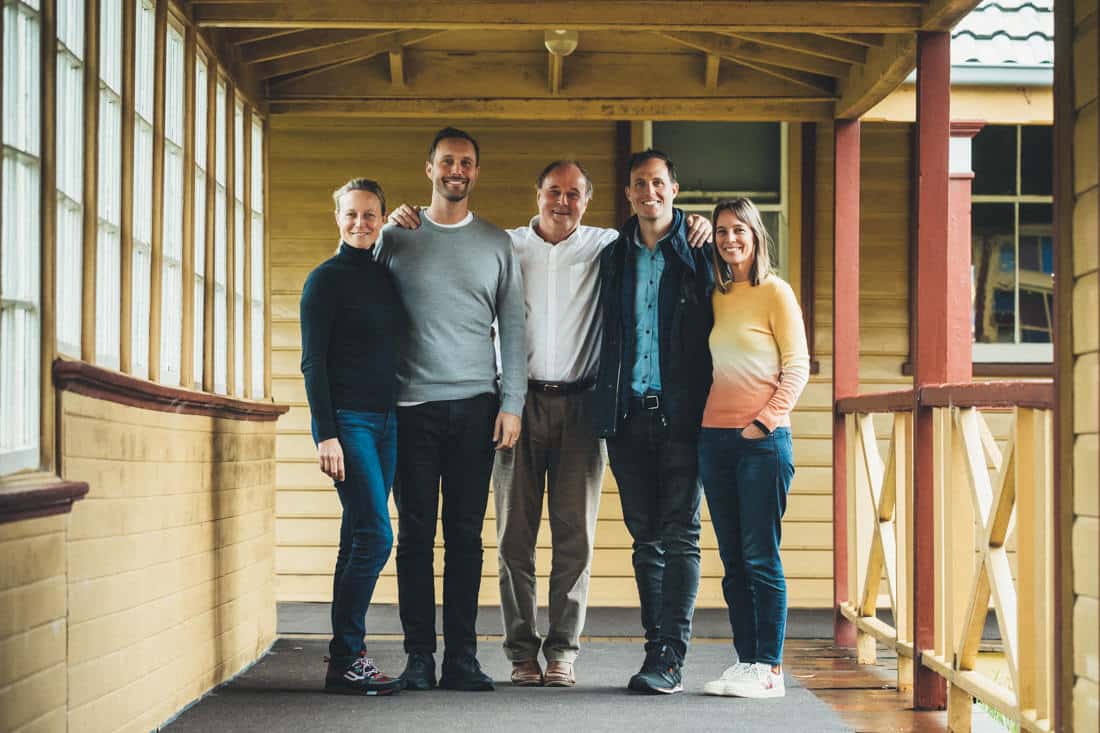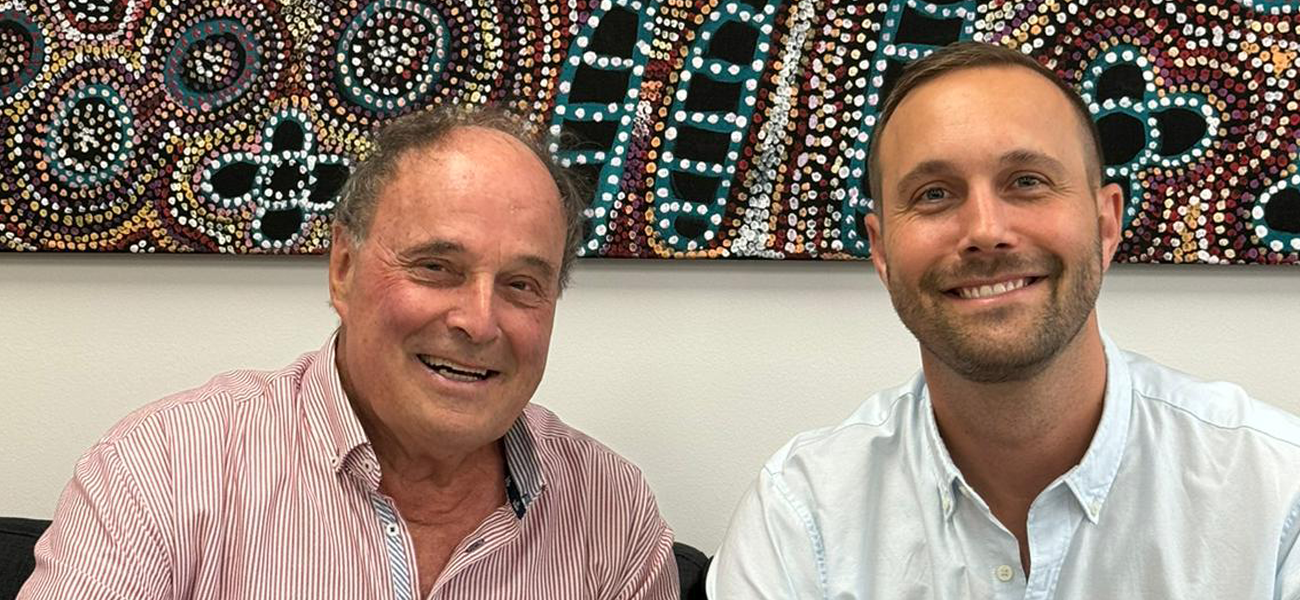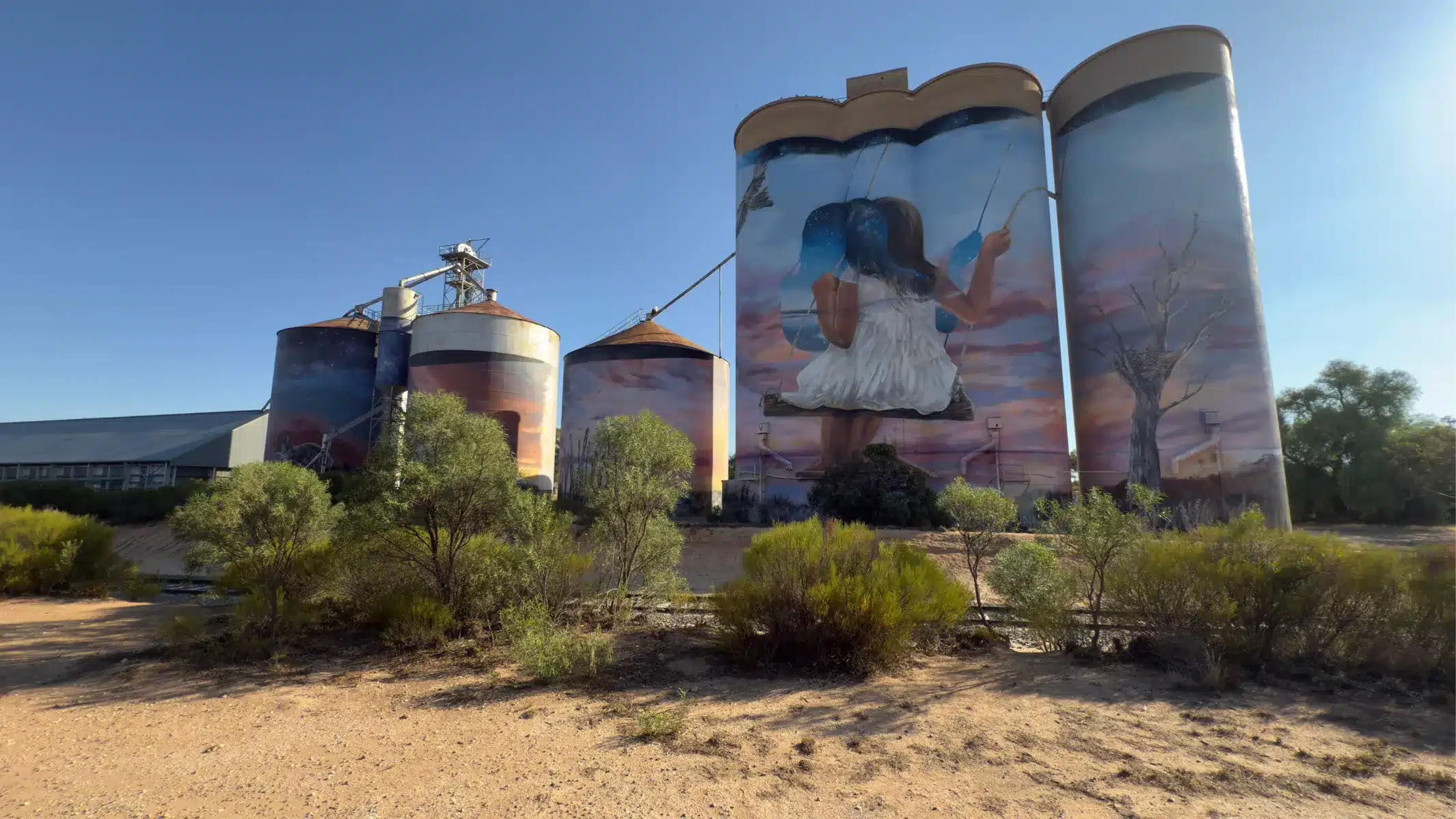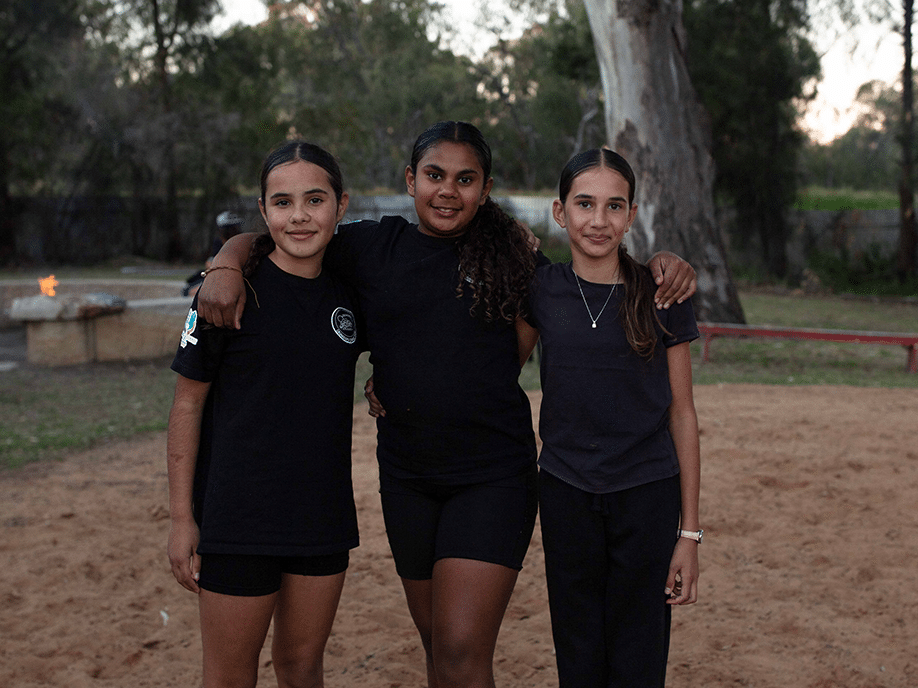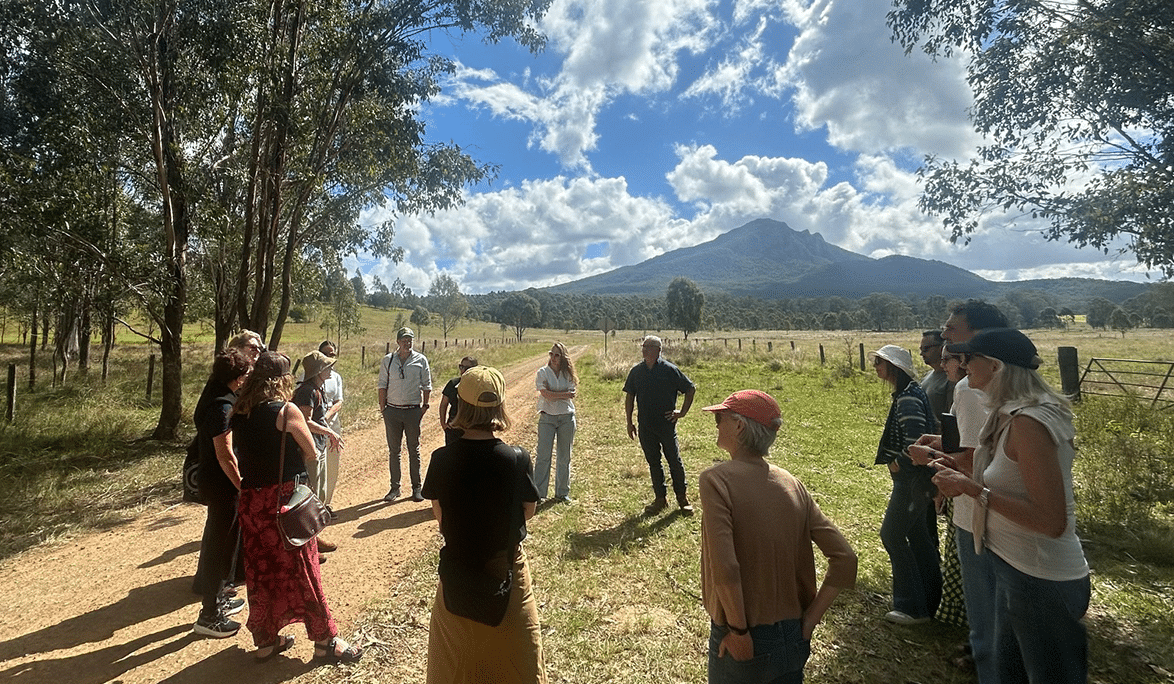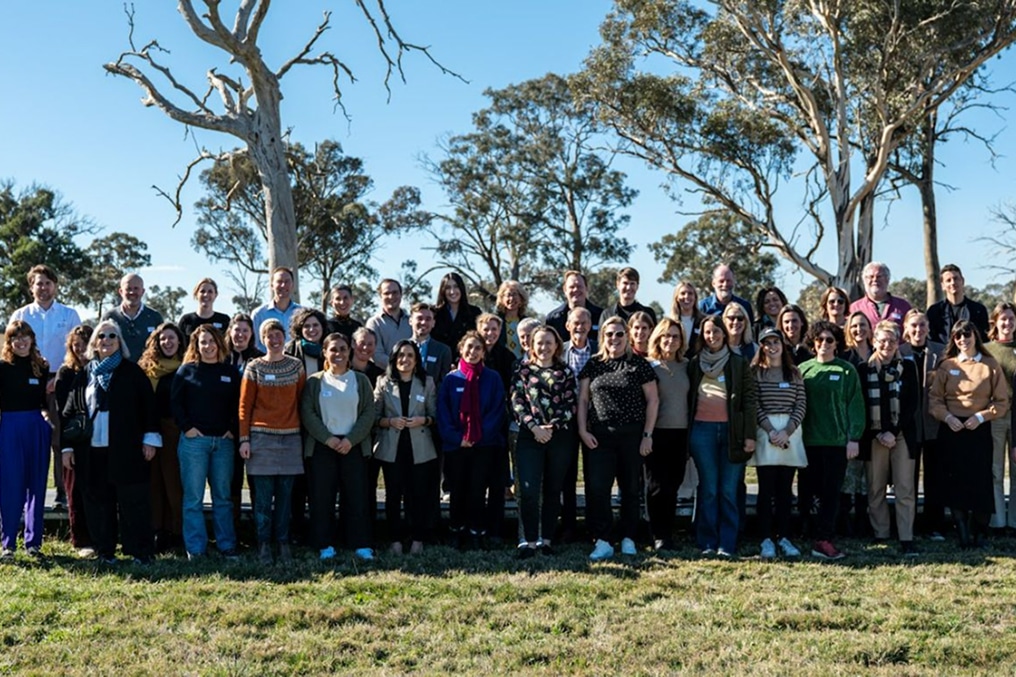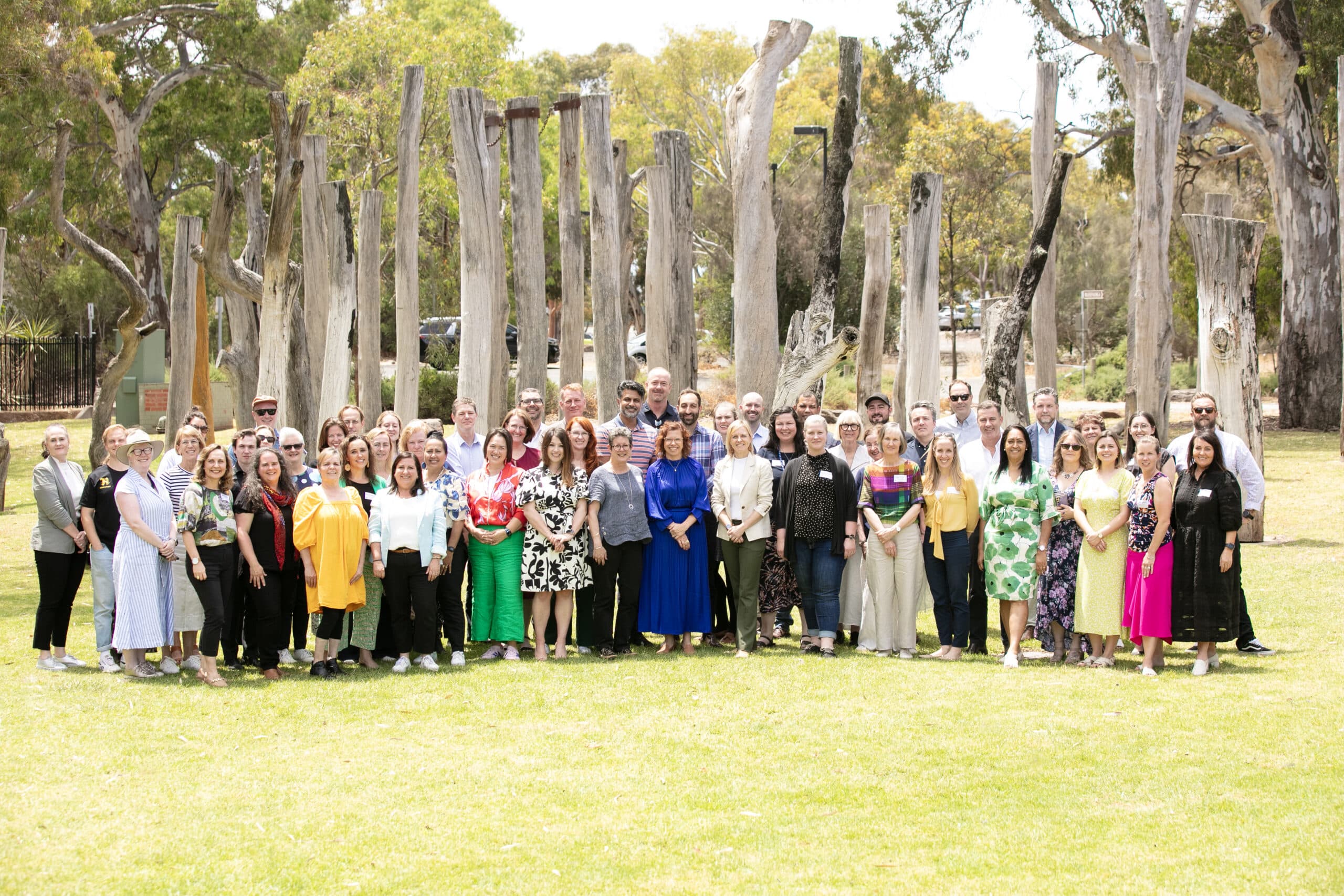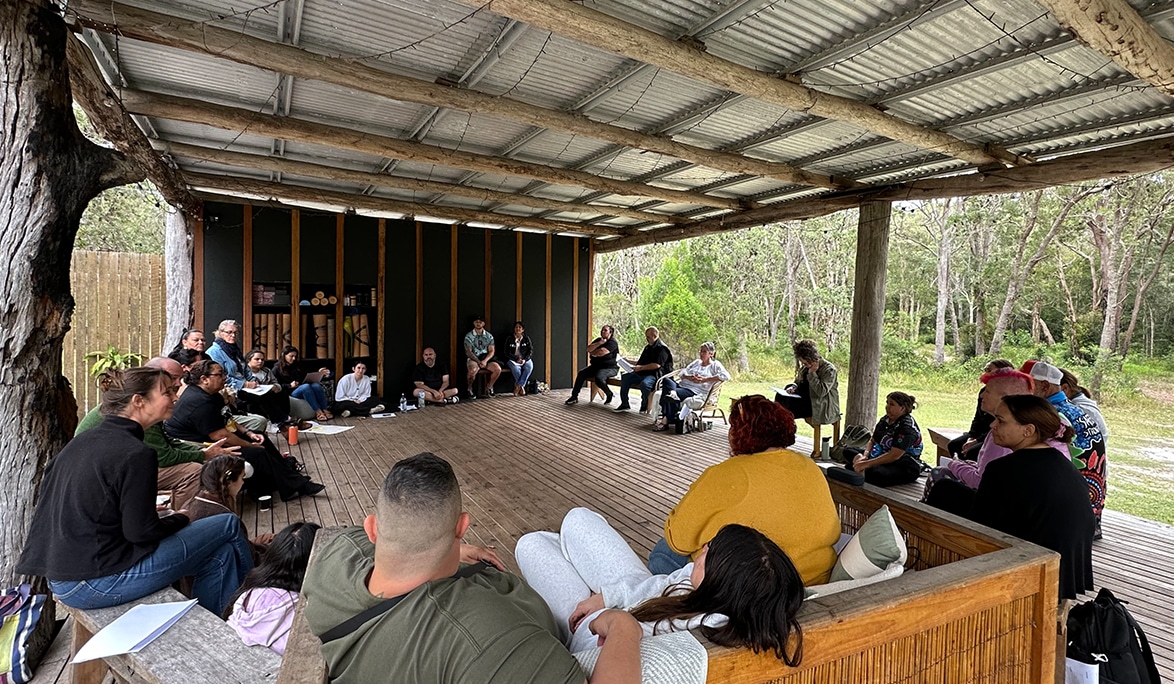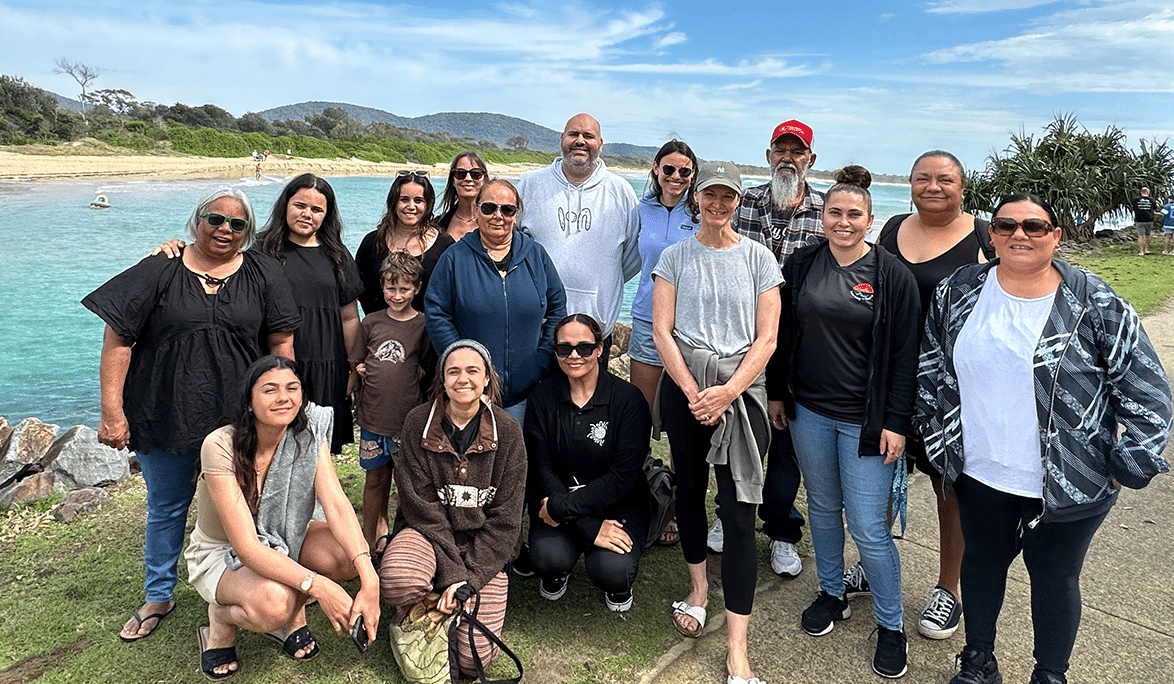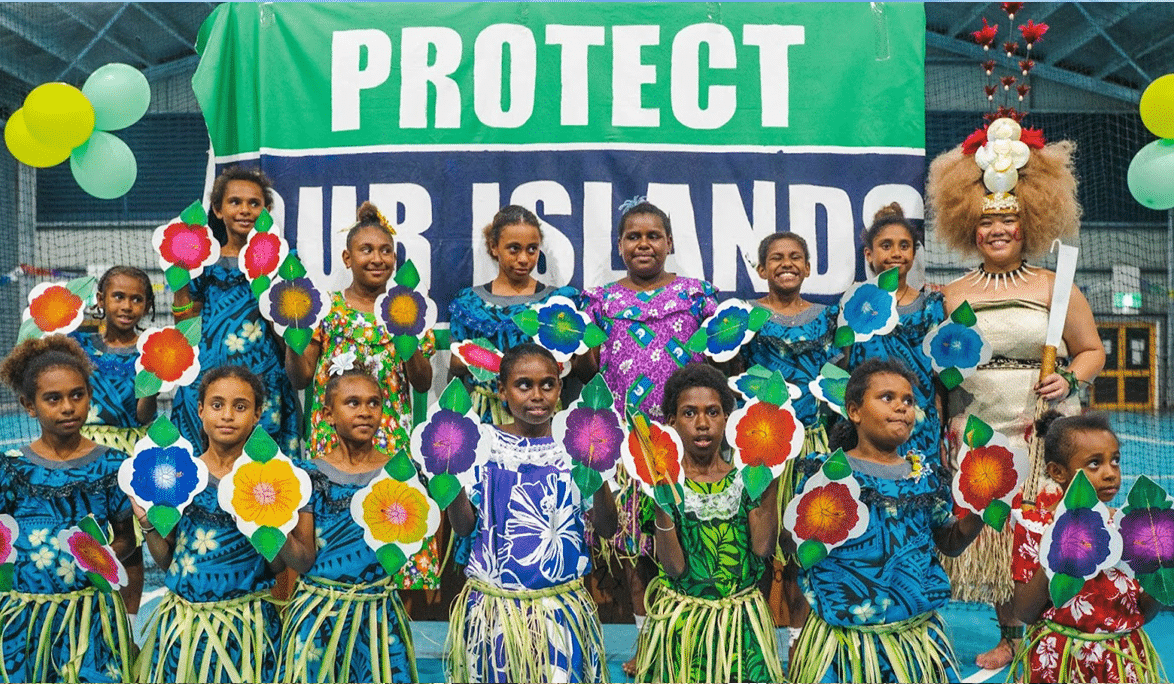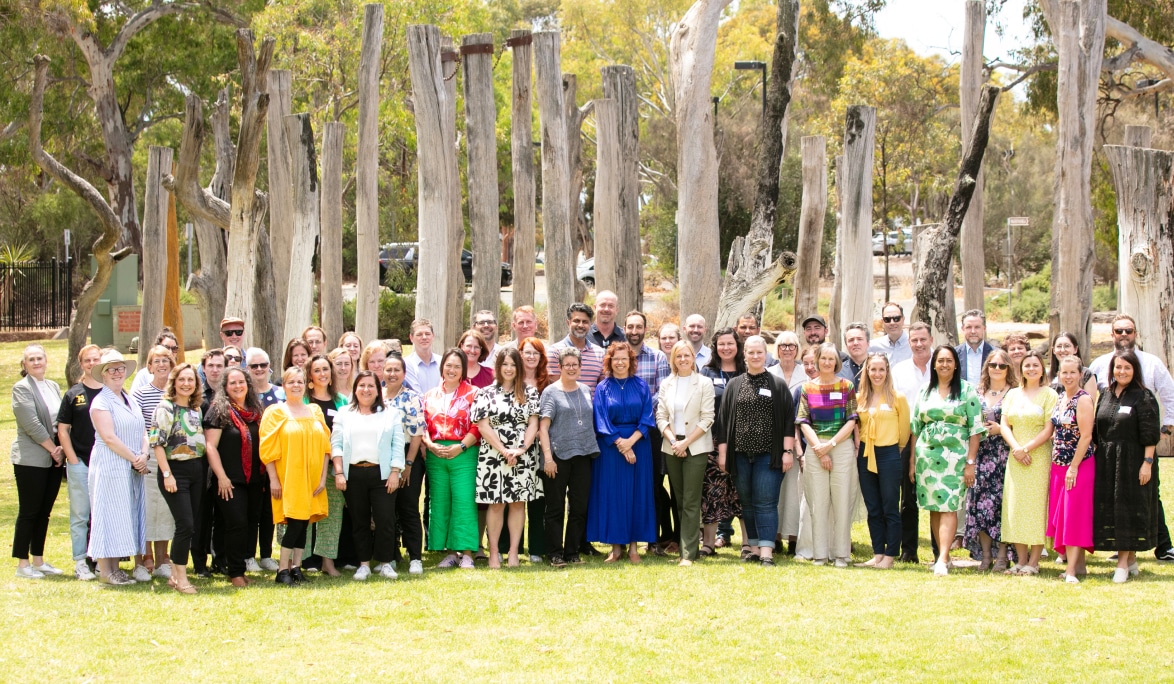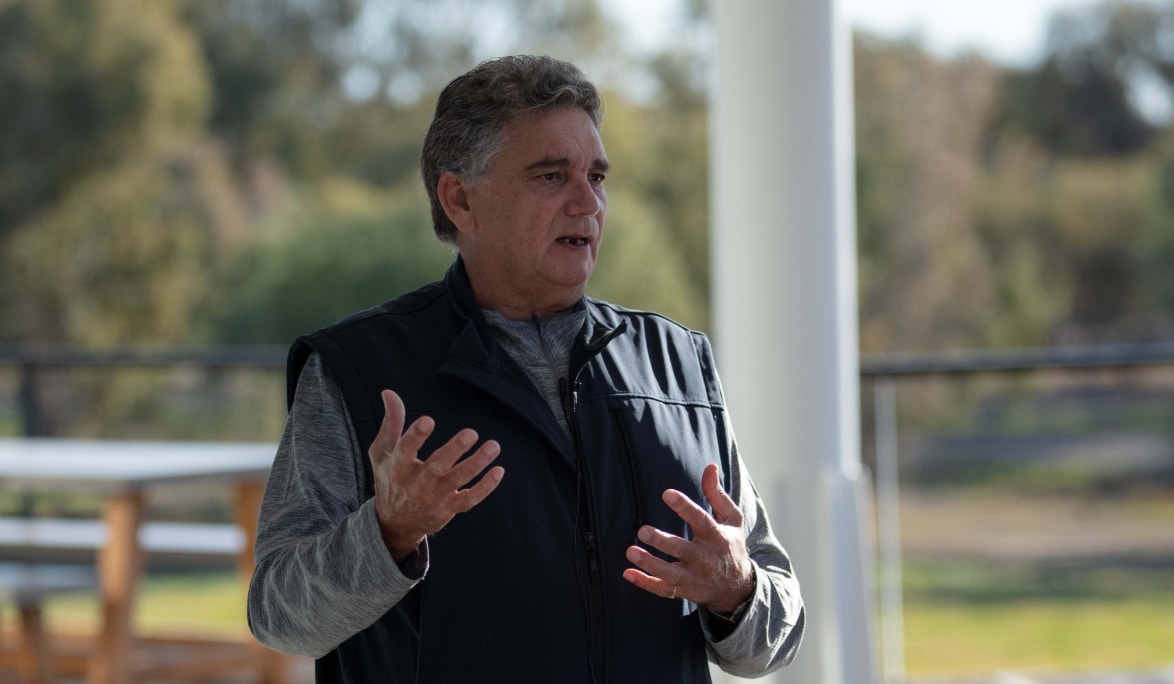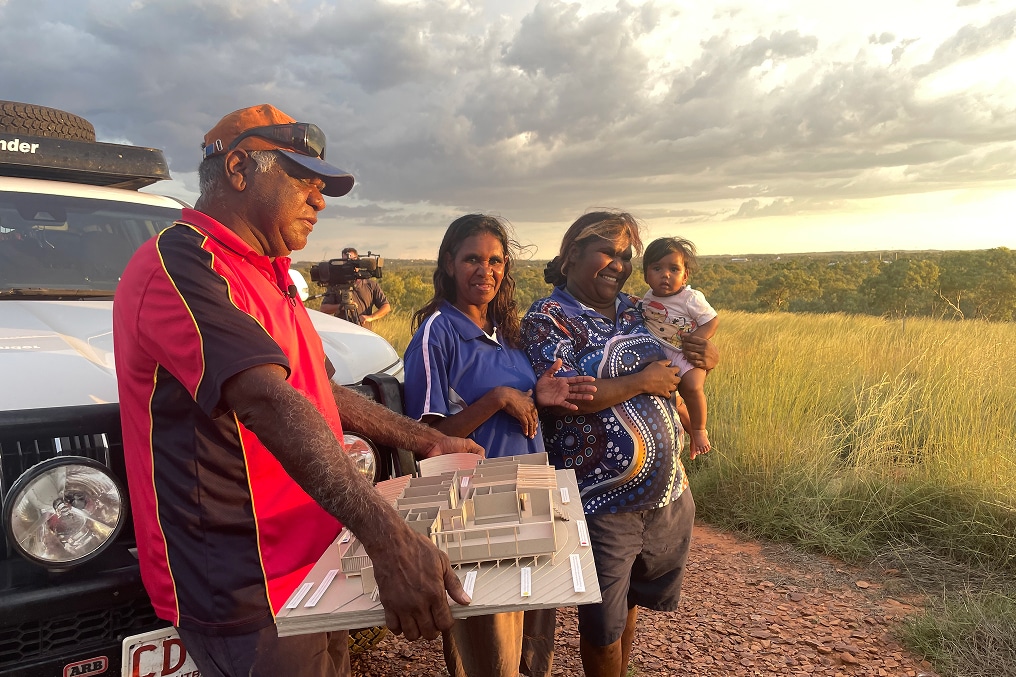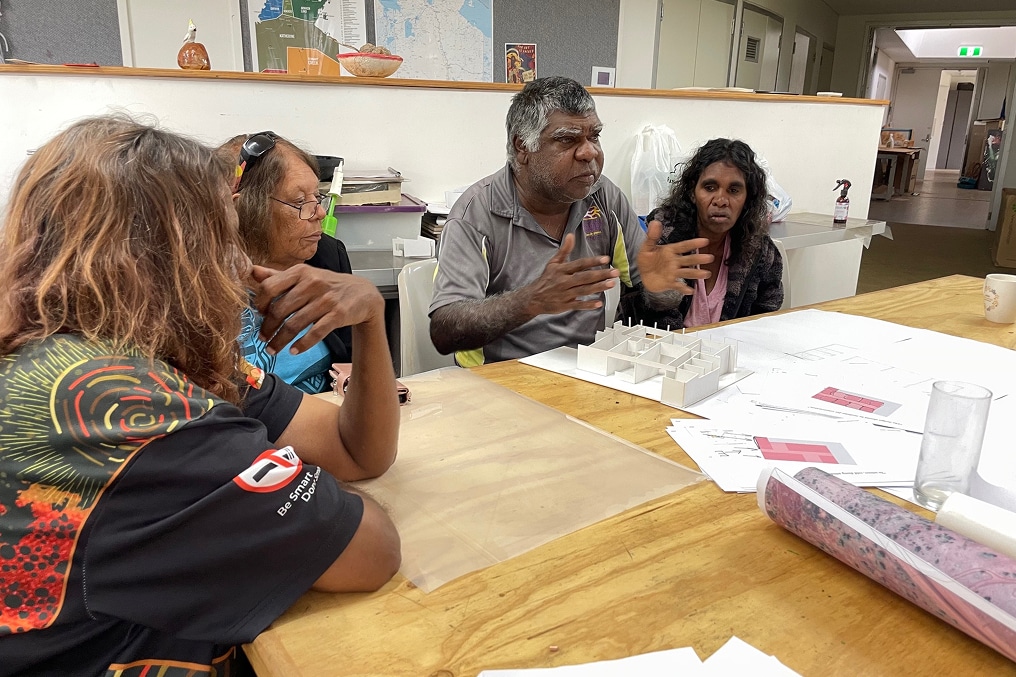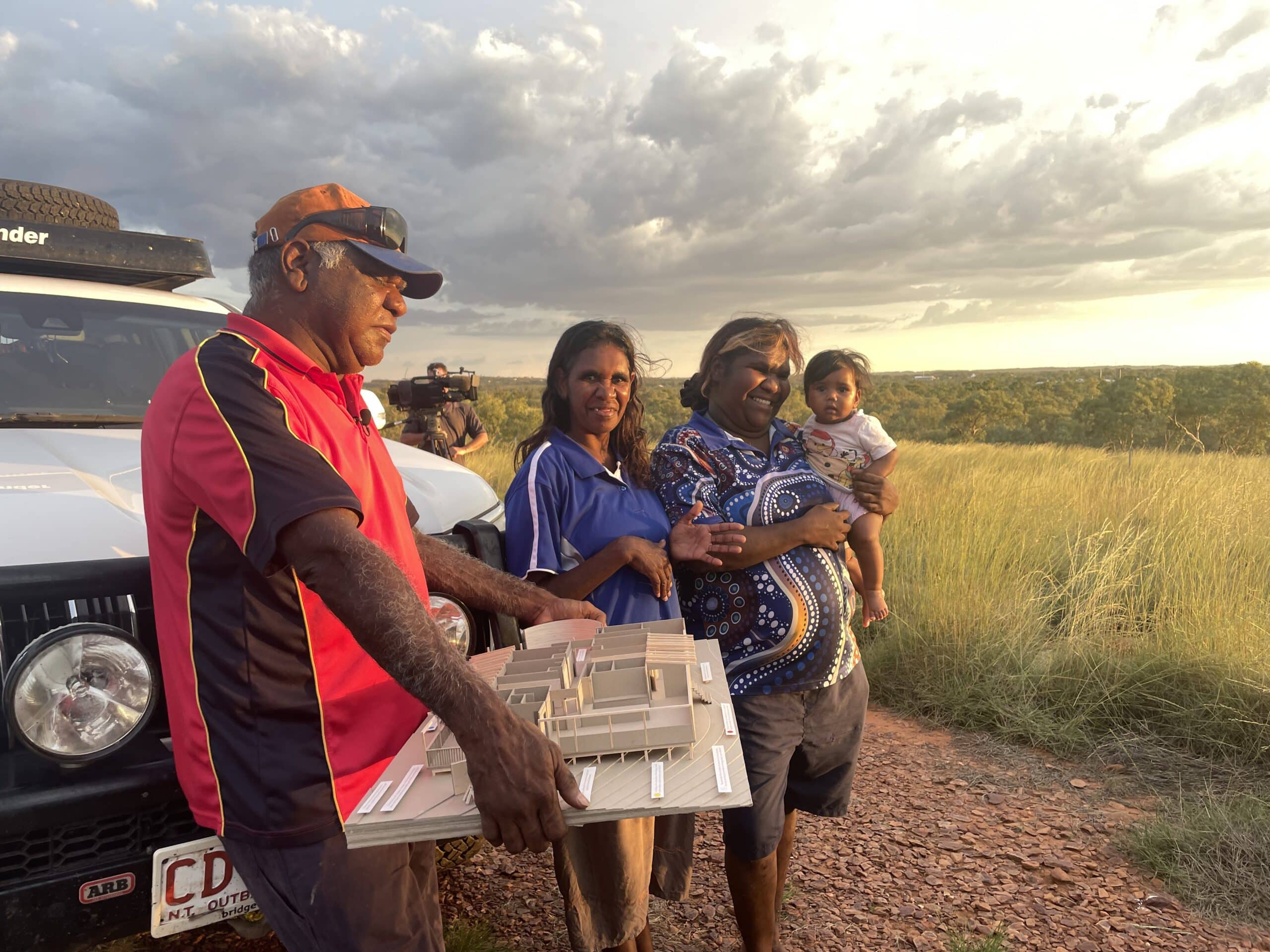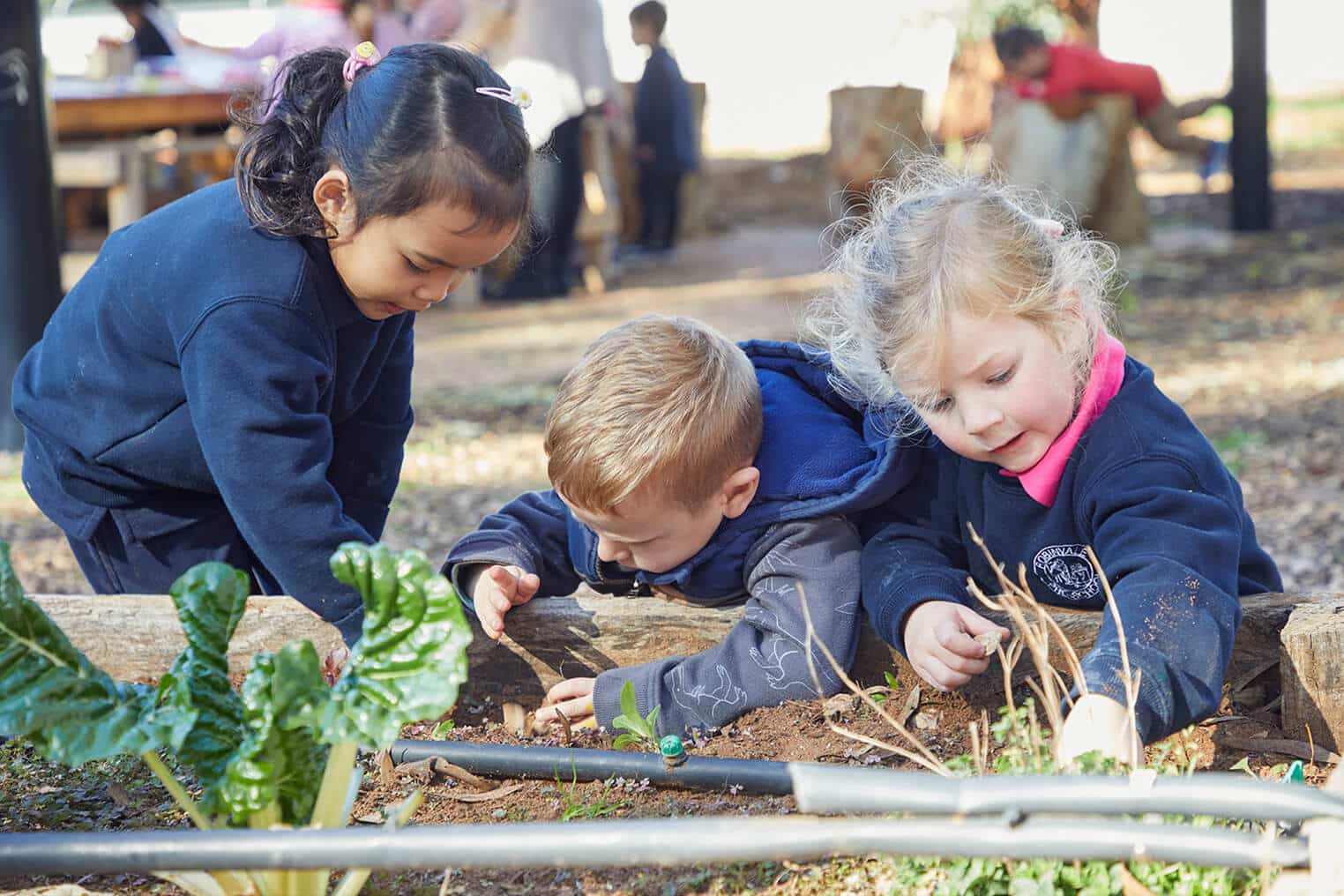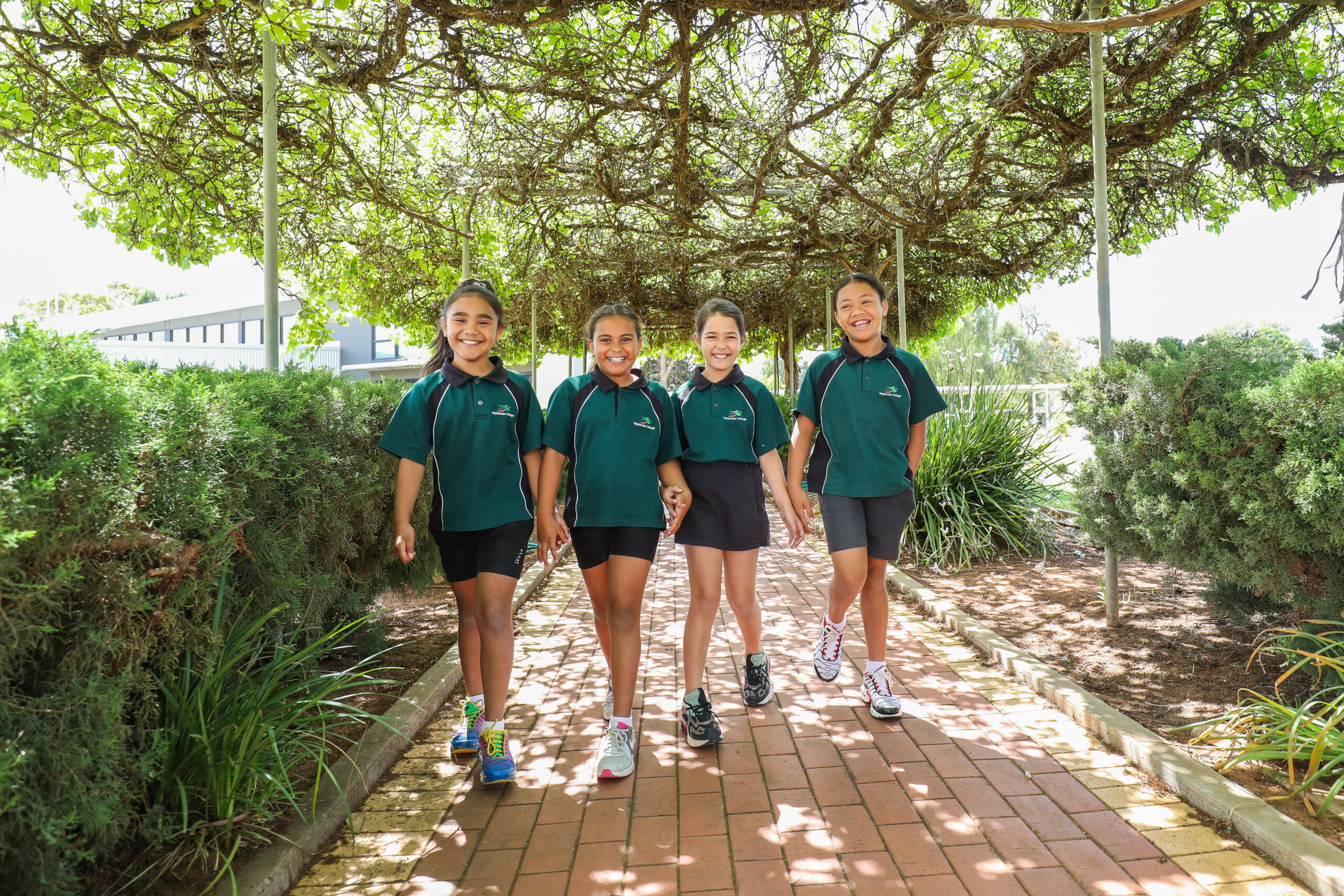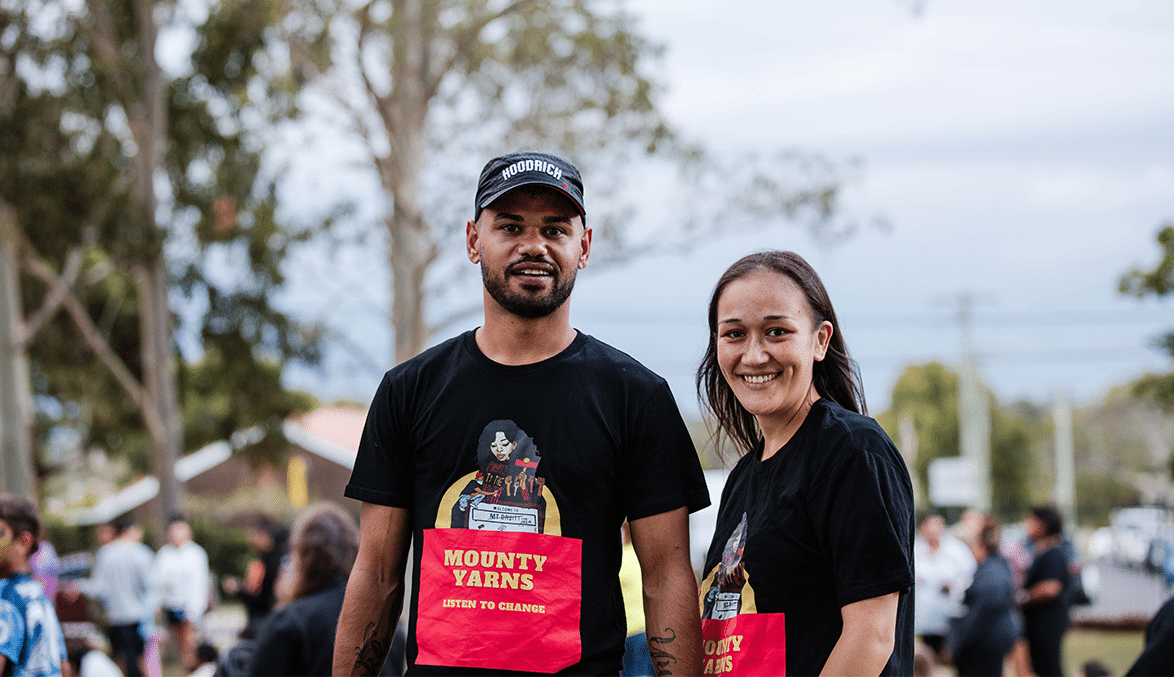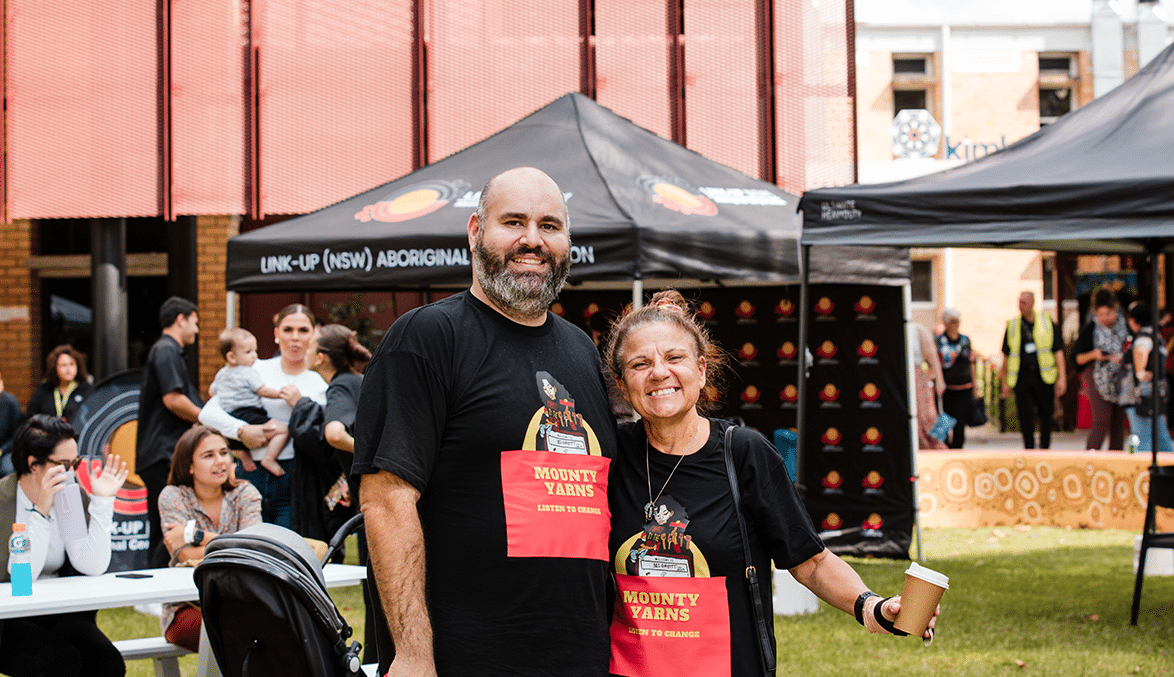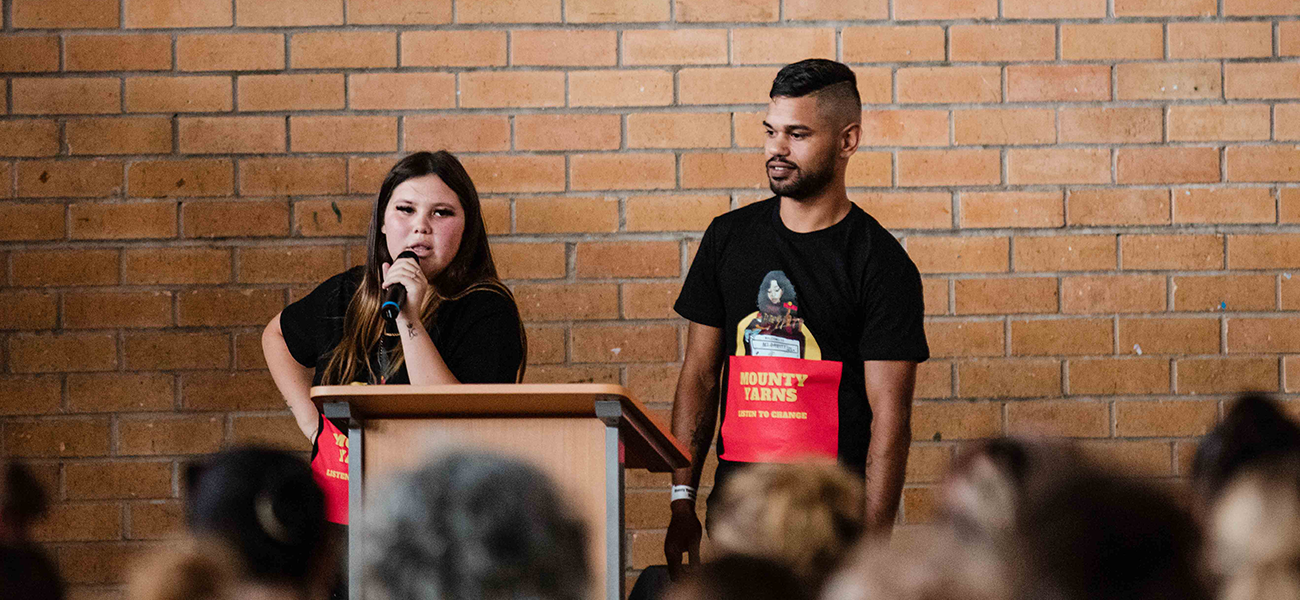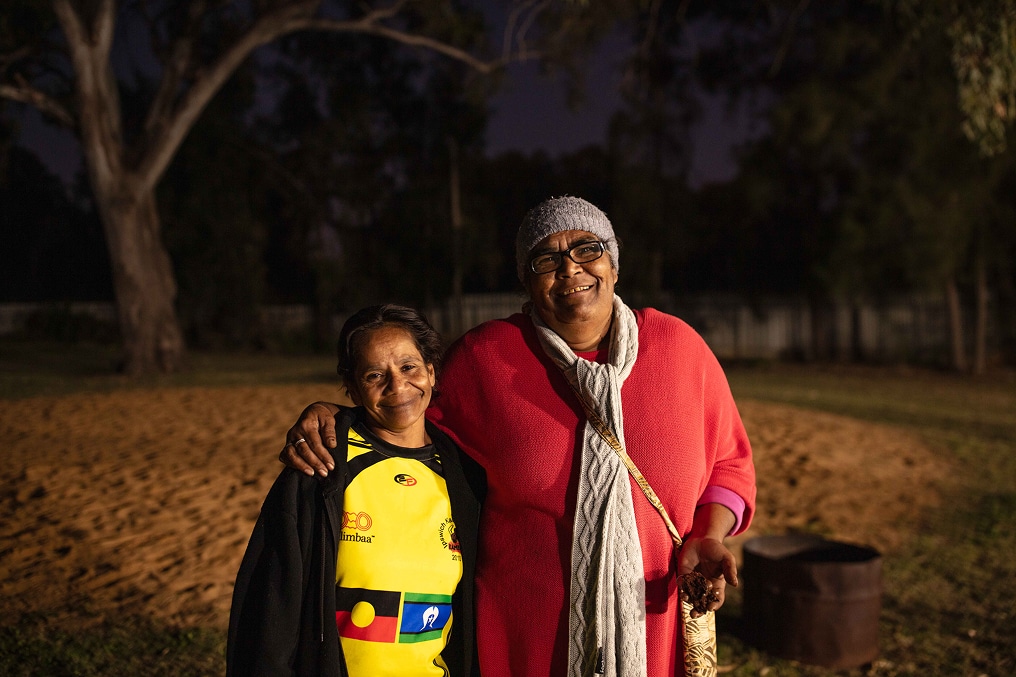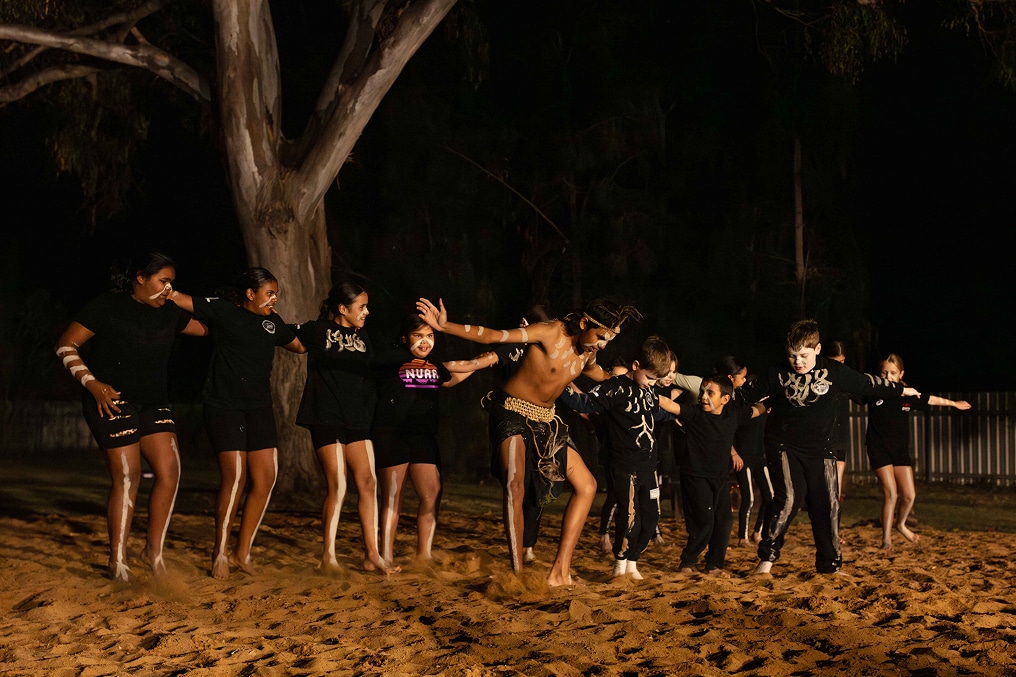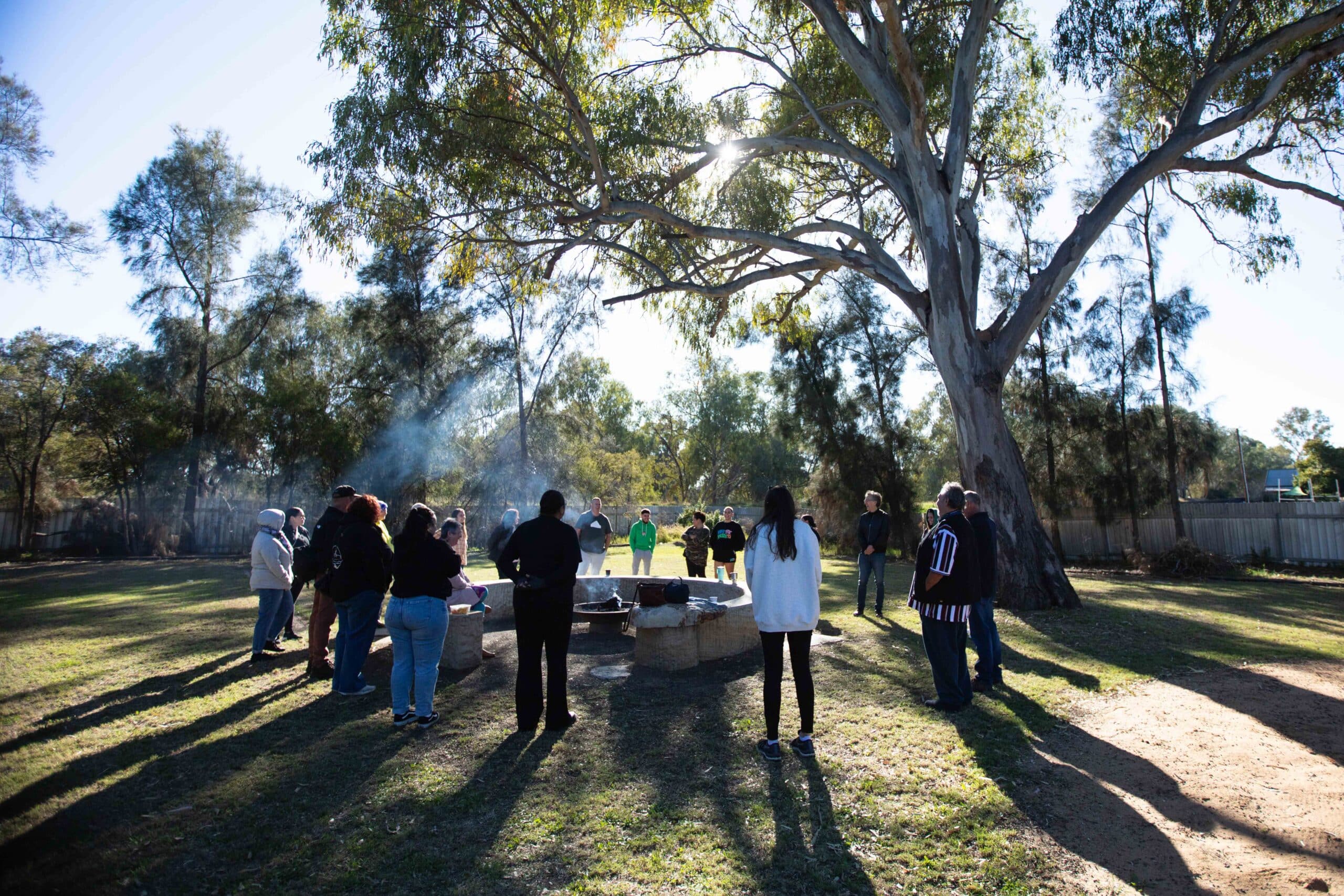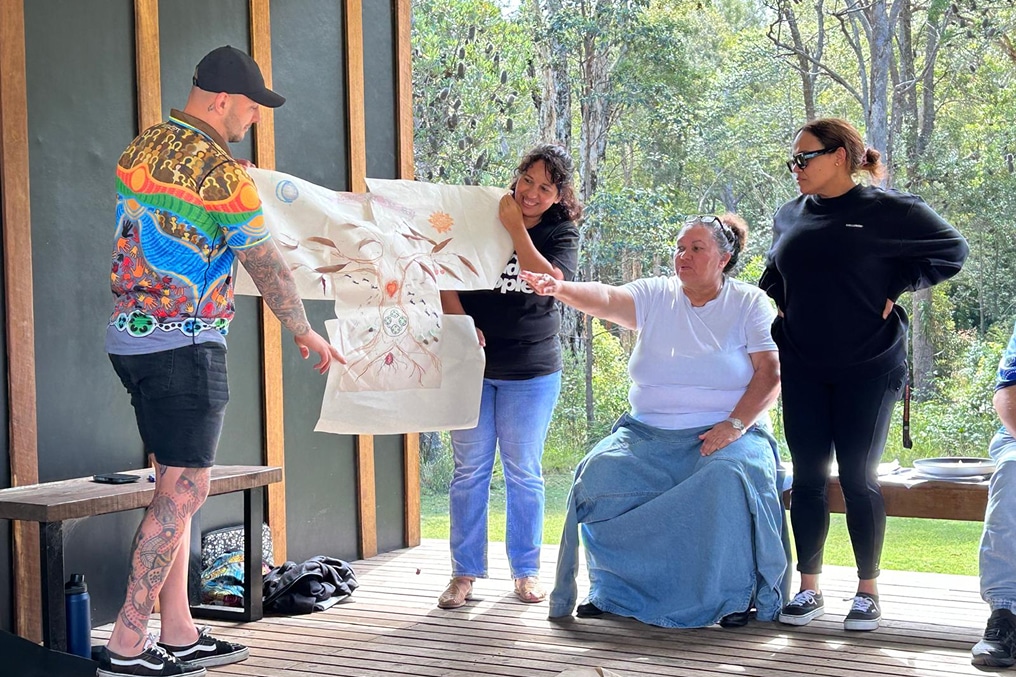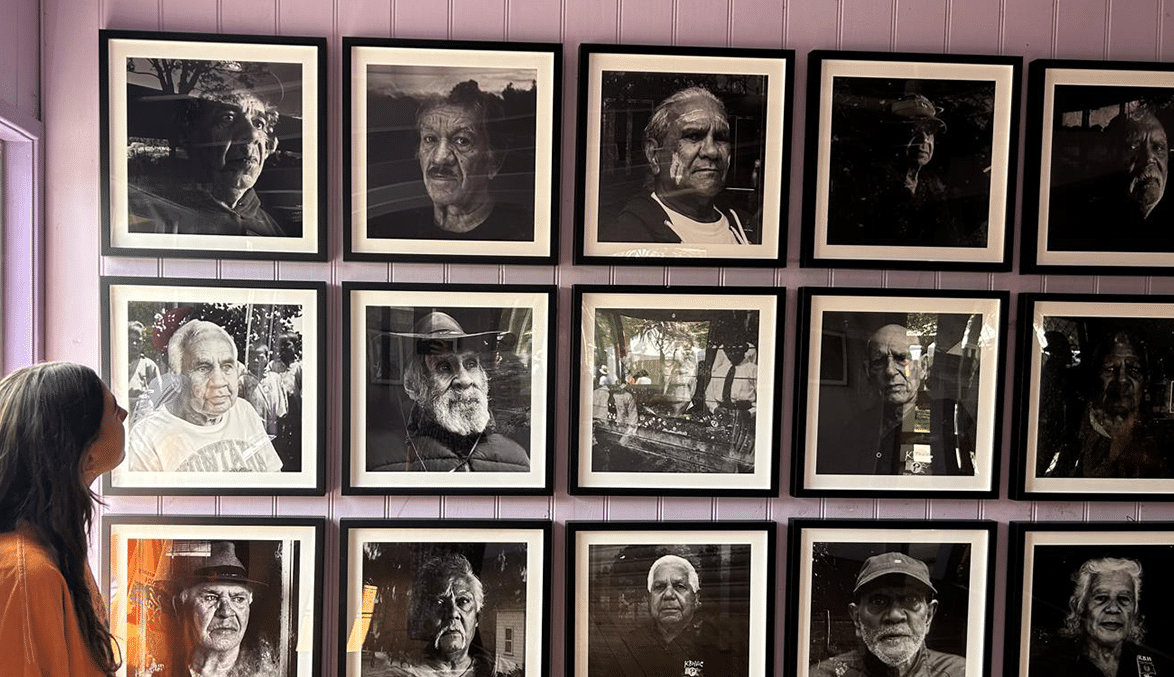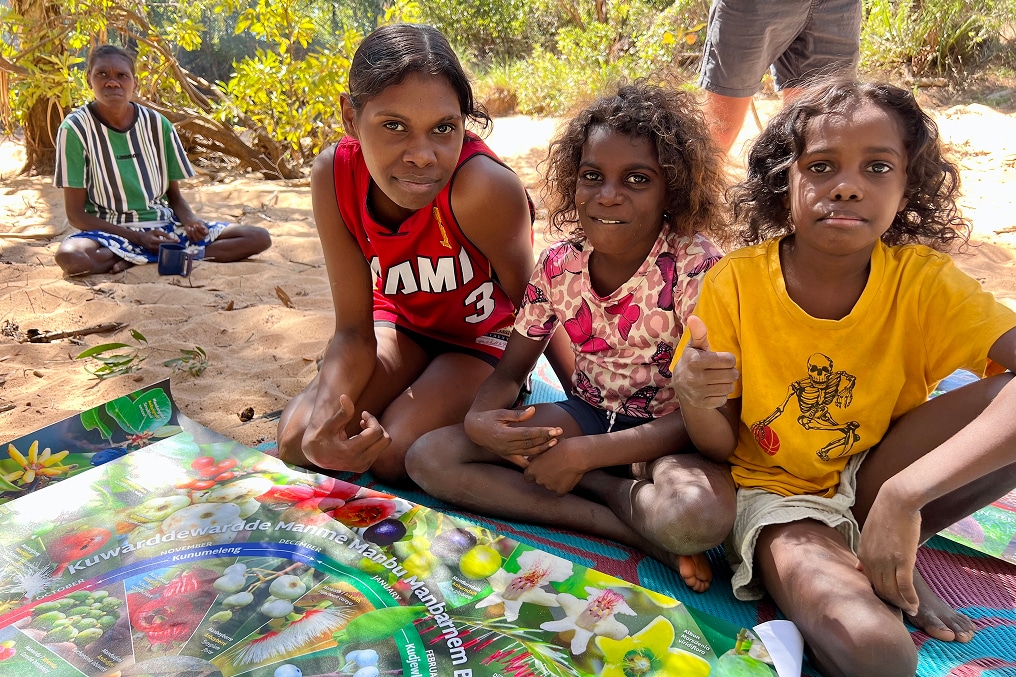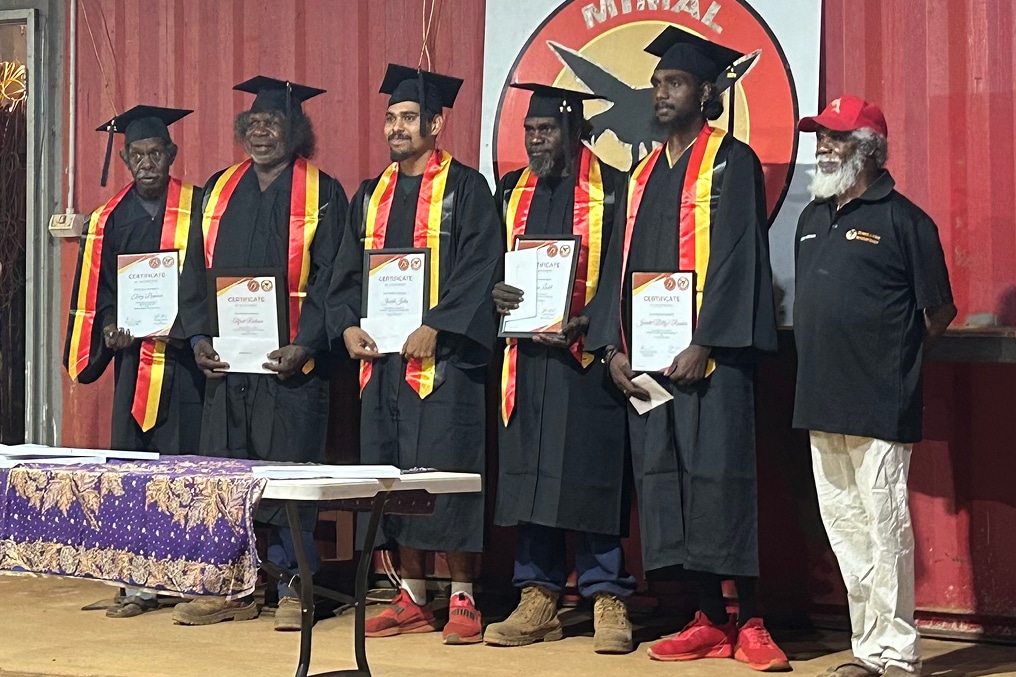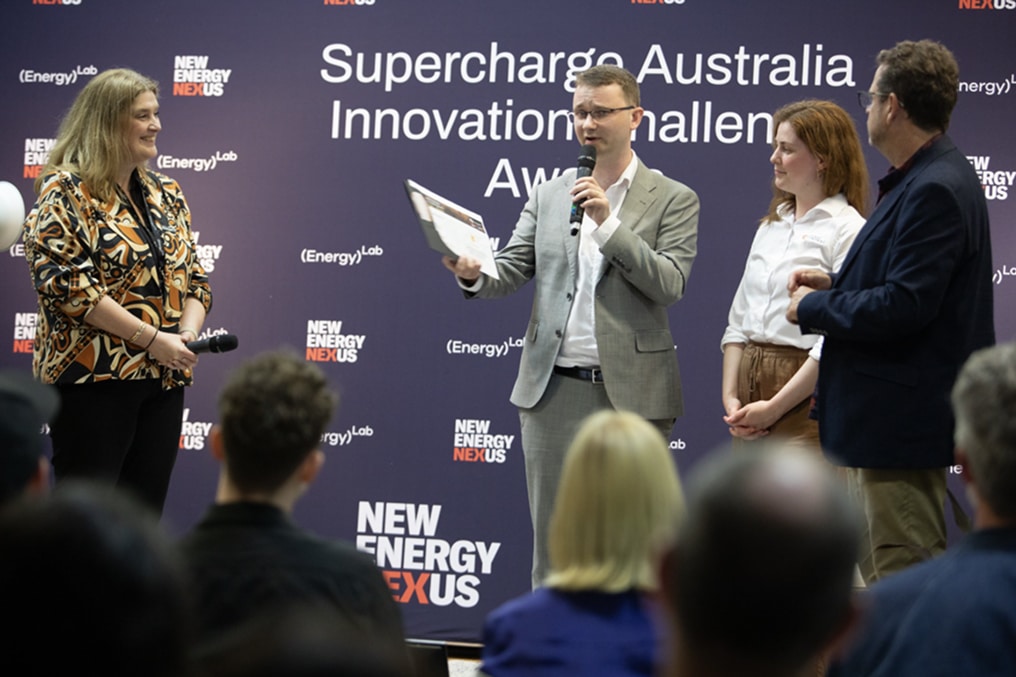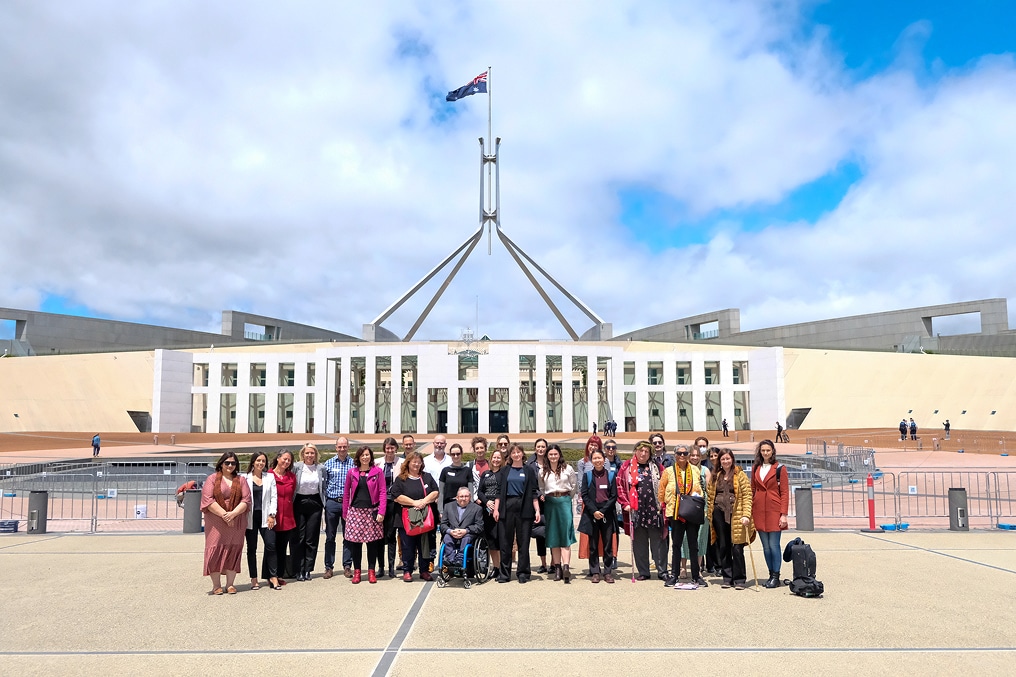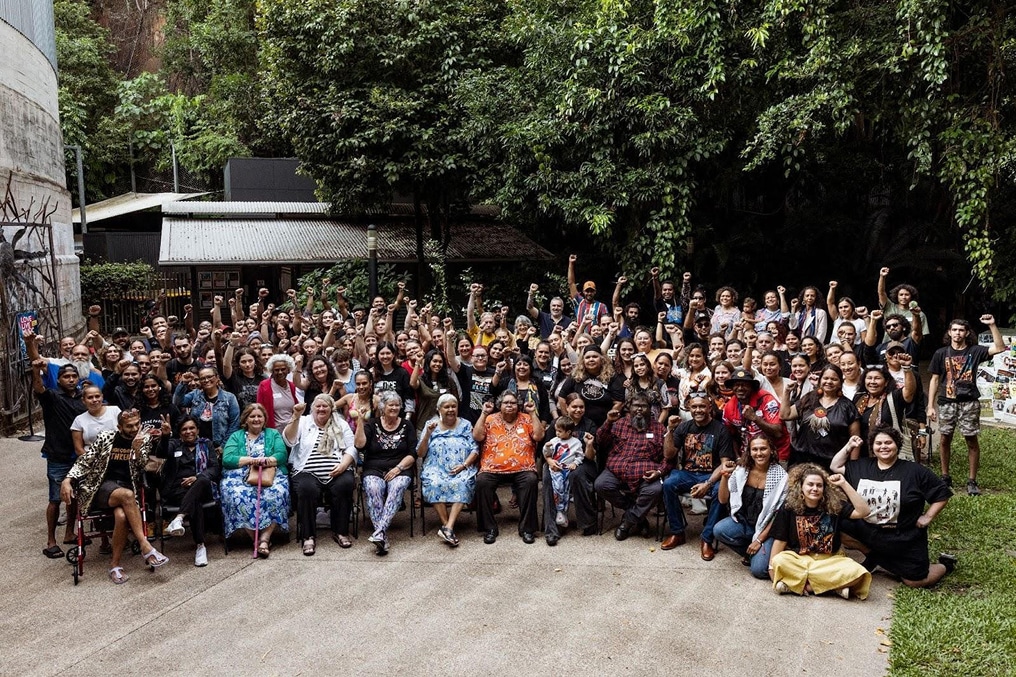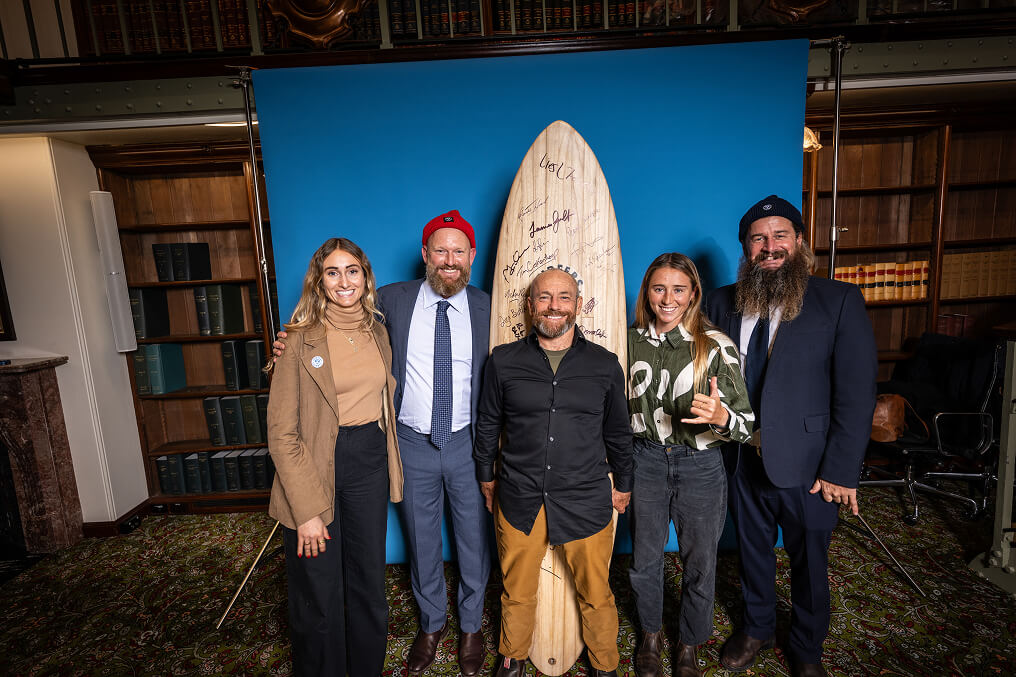The Forum was established by GJ Dusseldorp, with his son Tjerk, on his retirement from the helm of the Lend Lease Group. In a humorous exchange at the time, GJ told Tjerk, “As you didn’t choose to come to work for me at Lend Lease, I’m now available to come to work for you at the Dusseldorp Skills Forum.”
Tjerk was drawn to lead the Forum by his passion to ramp up youth skills development, particularly in light of Australia’s failing entry-level job market, which left many young people unemployed or in unstable work.
Before the Forum’s inception, Tjerk was involved with Bob Hawke’s “Priority One” youth initiative, which created a new national traineeship system to support early school leavers. This work coincided with his role in bringing the International Youth Skill Olympics to Sydney in 1988, a unique event that attracted over 180,000 visitors to Darling Harbour’s Exhibition Centre.
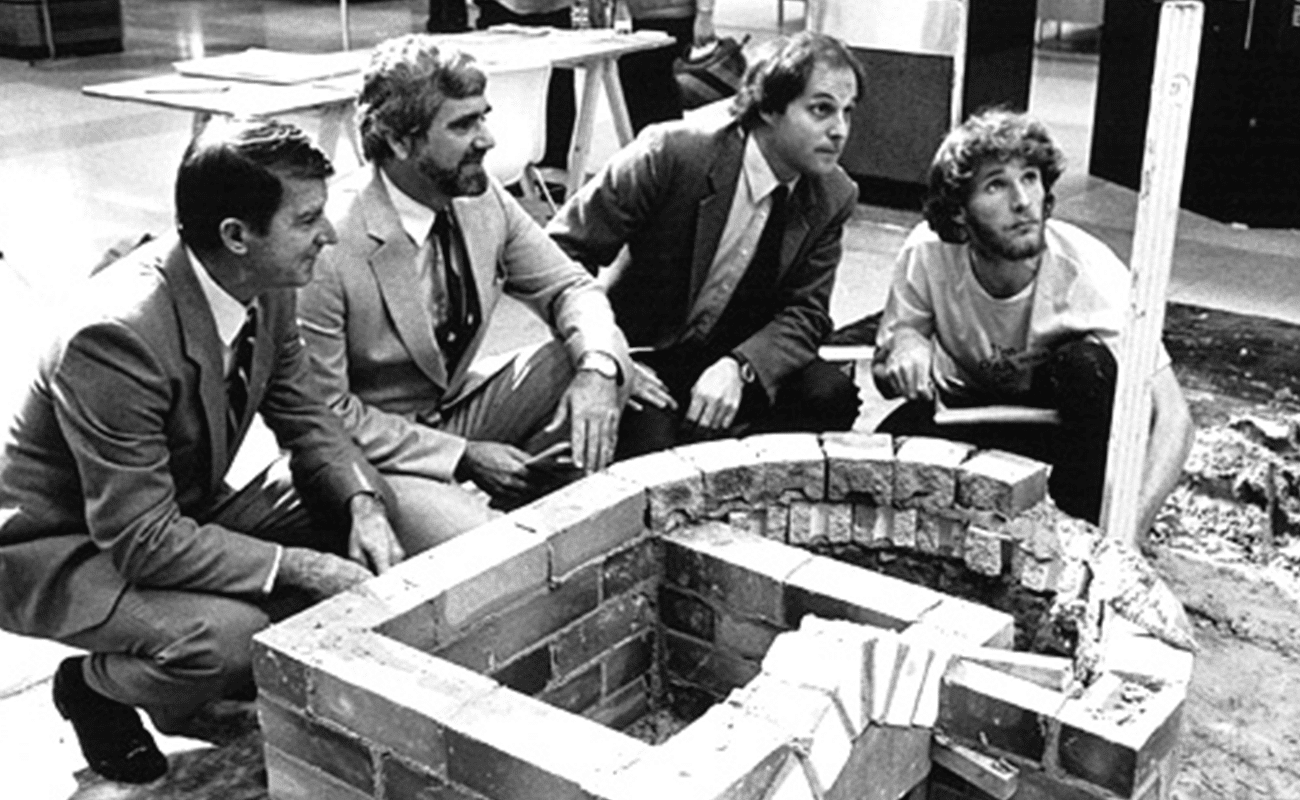
Following the success of the Youth Skill Olympics, the Dusseldorp Skills Forum was launched with a mission to foster labour relations reforms. As GJ described to Lindie Clark, “We began by breaking down the sharp barrier between school and work by showing a better way to bridge the divide.” This approach to solving social problems from an independent and non-political stance has guided the Forum ever since.
The 2008 Global Financial Crisis prompted a strategic pivot for the Forum. Tjerk turned to his eldest daughter, Teya Dusseldorp, to lead the organisation through turbulent times. Under Teya’s direction, the Forum changed its focus to a pressing social justice issue – Indigenous self-determination. The Forum leveraged insights gained from Teya’s involvement in the Stolen Generations Inquiry and simplified its name to the “Dusseldorp Forum.”
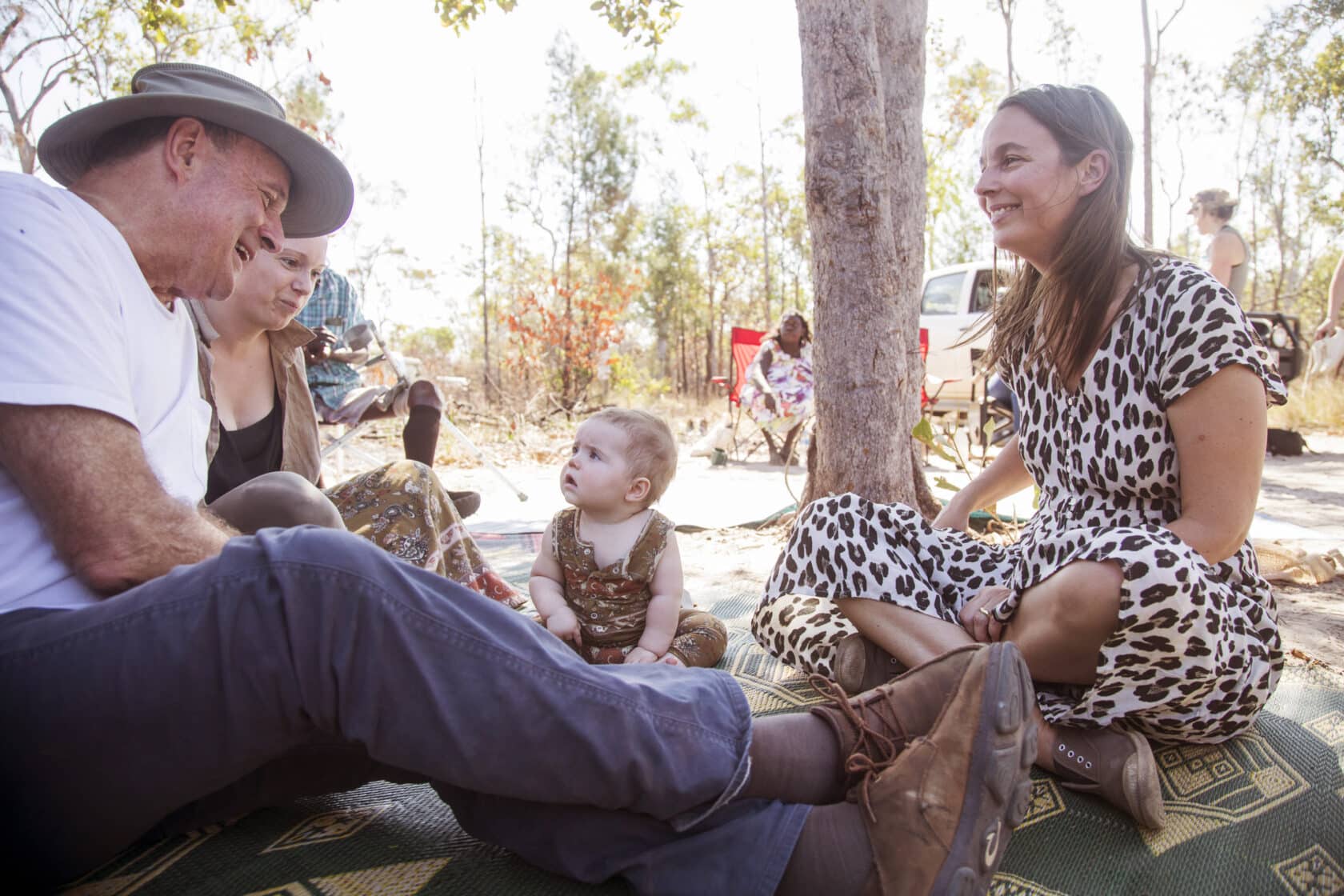
Under Teya’s leadership, the Forum embarked on building impactful community partnerships nationwide and helped champion their successful learnings to the relevant government service agencies.
In the process of handing over the Chairmanship of the Forum, Tjerk invited his two remaining adult children, Joe and Marta, to join the Board and add their knowledge and skills to the mix.
Thinking back on these changes, Tjerk remarked, “On reflection, one of my smartest decisions was to recruit Teya – straight out of Dad’s playbook.”
In a recent discussion about the handover, Tjerk and Tom contemplated the Forum’s past achievements and its future directions. Tjerk expressed pride in the Forum’s approach to intergenerational leadership, emphasising the ongoing commitment to tackling difficult problems through partnerships and effective governance.
“What I’m most proud of is that we’ve come to this moment. Because what does it represent? A seamless succession of leadership that is now truly intergenerational. That’s special don’t you think?”
Tom also highlighted the Forum’s readiness to address the escalating impacts of climate change, noting, “It’s become clear to me and Teya that no matter where we operate, all roads lead to one pressing issue facing our generation – the increasing effects of climate change.”
Reflecting on his personal journey and the Forum’s future, Tom shared, “One of my fondest memories was participating in the Forum’s project in Zimbabwe when I was still at school. I was engaged at an age that meant it had a big impact on me. That’s going to be one of my key focus areas, to guide the next wave of family participation coming through.”

Concluding their conversation, Tom spoke to the Forum’s enduring strength which is respectful working relations, saying, “It boils down to trust in the Forum team to deliver the best possible outcomes with a clear strategic framework and support from the board. This philosophy has been in effect over the 35 years we’ve existed. The shared benefits and outcomes achieved so far are immeasurable, and a big part of that has been to do with Dad. I hope to emulate him as we navigate the challenges we’ll face in the next 35 years.”
